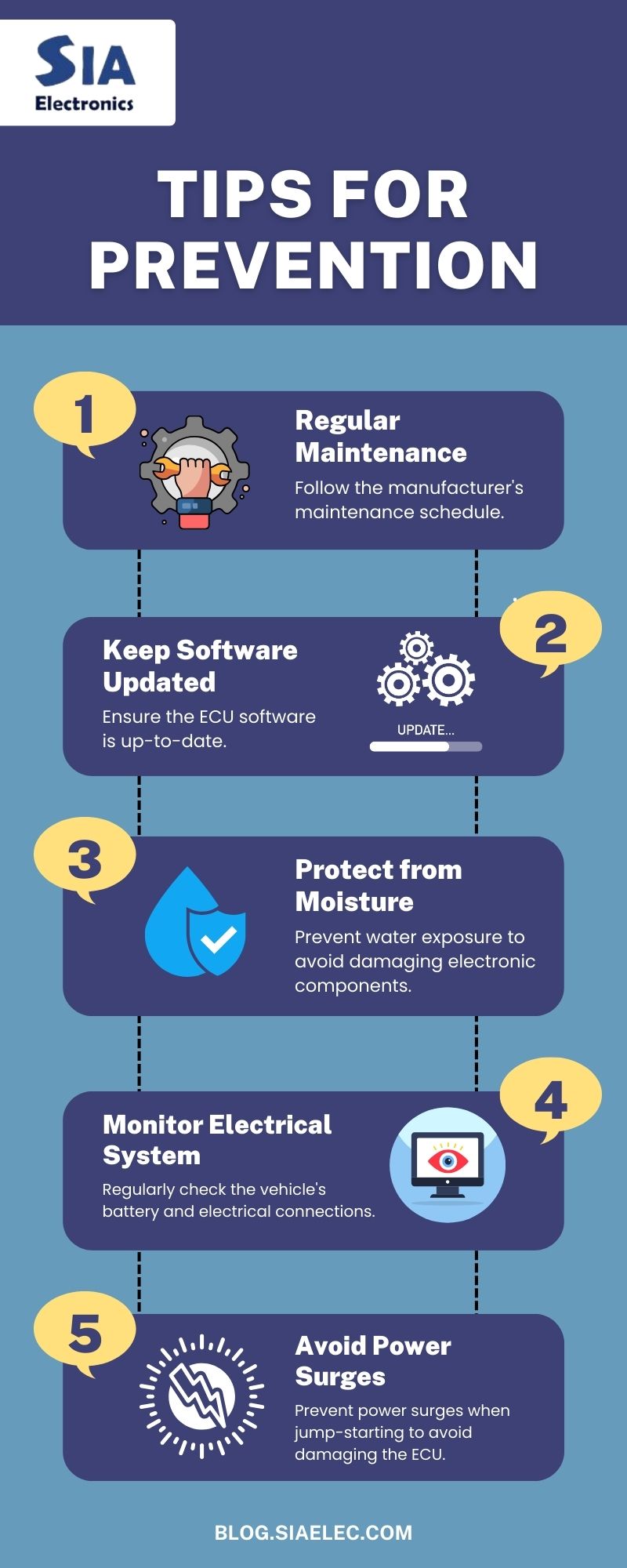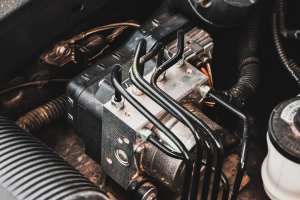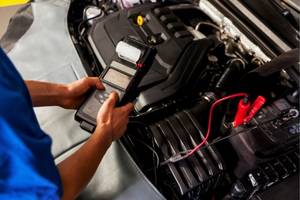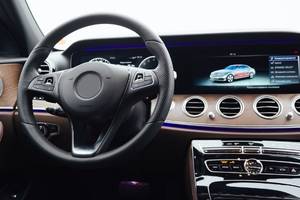Introduction
In the modern automotive industry, vehicle reliability and performance are significantly enhanced by sophisticated computer systems. These systems manage everything from engine performance to braking efficiency, making them crucial for a vehicle's operation. But what happens when these computer systems fail? How can you diagnose the issue and find a reliable solution? This comprehensive guide will answer these questions and more, helping you understand automotive computer repair and how to keep your vehicle in top shape.
Table of Contents
What is an Automotive Computer System?
An automotive computer system, also known as an Engine Control Unit (ECU) or Electronic Control Module (ECM), is a critical component in modern vehicles. It controls various functions such as fuel injection, ignition timing, and emission controls to ensure optimal engine performance and efficiency. These systems are essentially the "brains" of the vehicle, processing data from various sensors to make real-time adjustments for improved drivability and safety.
Key Functions:
- Engine Management: Adjusts fuel and air mixture for optimal combustion.
- Transmission Control: Manages gear shifts for smooth driving.
- Brake System Management: Ensures effective braking and anti-lock functionality.
- Emission Control: Reduces harmful emissions to meet environmental standards.
Common Symptoms of a Failing Car Computer
Recognizing the signs of a failing automotive computer is crucial for timely repairs and maintenance. Here are some common symptoms:
- Check Engine Light: One of the most obvious signs indicating a problem.
- Engine Performance Issues: Stalling, misfiring, or poor acceleration.
- Transmission Problems: Difficulty in shifting gears or erratic shifting.
- Poor Fuel Economy: A sudden decrease in fuel efficiency.
- Electrical Issues: Malfunctioning electronic components such as lights, windows, or dashboard indicators.
Statistics:
- According to a survey by AAA, 10% of vehicle breakdowns are due to computer system failures.
- A report by CarMD found that faulty ECUs account for 7.2% of check engine light issues.
Where Can I Find Reliable Automotive Computer Repair Services?
Finding a trustworthy repair service is essential for addressing ECU problems effectively. SIA Electronics is an industry leader in re-manufacturing automotive electronic control modules and ECUs for all domestic and foreign vehicles. With over 20 years of experience, we offer comprehensive repair services for various automotive electronic components.
Services Offered by SIA Electronics:
- ECU Re-manufacturing: Restoring faulty ECUs to their original condition.
- Mass Air Flow Sensor Repairs: Ensuring accurate air intake measurements.
- Anti-Lock Brake Computer Repairs: Restoring proper brake functionality.
- Hydraulic Unit Repairs: Fixing issues in anti-lock brake hydraulic systems.
Automotive diagnostic tools are used to identify problems within the vehicle's computer system. These tools connect to the car's OBD-II (On-Board Diagnostics) port and read error codes generated by the ECU.
Process:
- Connecting to the OBD-II Port: The diagnostic tool is plugged into the vehicle's OBD-II port.
- Reading Error Codes: The tool reads the error codes stored in the ECU, indicating specific issues.
- Interpreting Data: The mechanic interprets the codes to diagnose the problem.
- Performing Repairs: Based on the diagnosis, necessary repairs or replacements are carried out.
Benefits:
- Accuracy: Provides precise information about the issue.
- Time-Saving: Speeds up the diagnostic process.
- Cost-Effective: Prevents unnecessary repairs by pinpointing the exact problem.
How Can I Prevent My Car's Computer from Failing?
Preventive measures can significantly reduce the risk of ECU failure and prolong the life of your vehicle's computer system.
Tips for Prevention:
- Regular Maintenance: Follow the manufacturer's maintenance schedule.
- Keep Software Updated: Ensure the ECU software is up-to-date.
- Protect from Moisture: Avoid water exposure that can damage electronic components.
- Monitor Electrical System: Regularly check the vehicle's battery and electrical connections.
- Avoid Power Surges: Be cautious when jump-starting your vehicle to prevent power surges that can damage the ECU.
Conclusion
Automotive computer systems are integral to the performance and safety of modern vehicles. Understanding how these systems work, recognizing the symptoms of failure, and knowing where to find reliable repair services are crucial for maintaining your vehicle's health. SIA Electronics stands out as a trusted provider for automotive computer repairs, offering expert services backed by decades of experience. By following preventive measures, you can ensure the longevity and efficiency of your vehicle's computer system, keeping your car running smoothly for years to come.
FAQs on
Automotive Computer Repair : An In-Depth Guide
-
1. What are the most common issues that indicate a car's computer system might be failing?
Ans.
Common signs of a failing car computer system include the check engine light coming on, engine performance issues such as stalling or poor acceleration, problems with transmission shifting, a sudden decrease in fuel economy, and electrical issues like malfunctioning lights or windows.
-
2. How can I find a reliable service for automotive computer repairs?
Ans.
To find a trustworthy automotive computer repair service, consider checking reviews and ratings of local repair shops, asking for recommendations from friends or family, and looking for established companies with experience in ECU repairs. For instance, SIA Electronics is known for its extensive experience and comprehensive repair services, including ECU re-manufacturing and sensor repairs.
-
3. What role do automotive diagnostic tools play in vehicle maintenance?
Ans.
Automotive diagnostic tools are essential for identifying problems within a vehicle's computer system. They connect to the car's OBD-II port to read and interpret error codes from the ECU, helping mechanics diagnose issues accurately and efficiently. This process improves repair accuracy and can save time and costs by targeting the exact problem.
-
4. How often should I update my car's ECU software?
Ans.
It is recommended to keep your car's ECU software updated according to the manufacturer's schedule or whenever updates are available. Updated software can improve vehicle performance, fix bugs, and enhance the functionality of your car's computer system.
-
5. What steps can I take to prevent my car's computer system from failing?
Ans.
To prevent ECU failure, regularly maintain your vehicle according to the manufacturer's schedule, protect the electronic components from moisture, monitor and maintain the electrical system, and avoid power surges, especially during jump-starts. Regular inspections and timely repairs also help in keeping the system in good working condition.
-
6. Why is it important to address ECU problems as soon as they arise?
Ans.
Promptly addressing ECU issues is crucial to prevent further damage and ensure the vehicle's optimal performance and safety. Ignoring symptoms can lead to more severe problems, affecting engine performance, fuel efficiency, and overall vehicle reliability. Early diagnosis and repair can save costs and prevent breakdowns.



